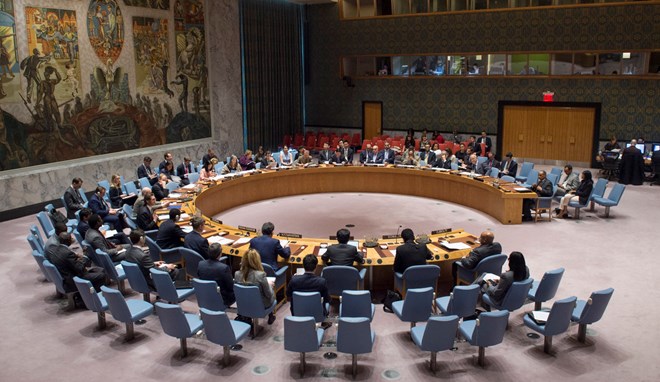The United Nations Office on Counter-Terrorism (UNOCT) has announced the launch of a new project entitled: “Support to Counter-Terrorism in East Africa’s Use of Improvised Explosive Devices (IEDs)”.
The three-year project will strengthen the implementation of counter-terrorism legislation and build the capacity of national institutions in Kenya, Somalia and Uganda to effectively prevent and respond to the threat posed by IEDs.
The project is funded by Global Affairs Canada and implemented by the United Nations Counter-Terrorism Centre (UNCCT) under UNOCT, with technical support from the United Nations Mission on Mine Action (UNMAS), and in collaboration with the Counter-Terrorism Executive Committee (CTED).
Between 2020 and 2024, the use of IEDs by non-state armed groups in Africa increased by an average of 12% per year. These types of explosives have become the most common weapon used by terrorist groups.
The number of IED attacks in the first half of 2025 suggests that this upward trend will continue. East Africa is one of the regions most affected by these attacks, and it appears that the methods by which terrorist groups acquire, manufacture, and use IEDs are constantly evolving.
The United Nations has called on member states to prevent terrorists from obtaining weapons, expressing concern that IEDs and the explosives they are made of are increasingly being used in terrorist operations.













